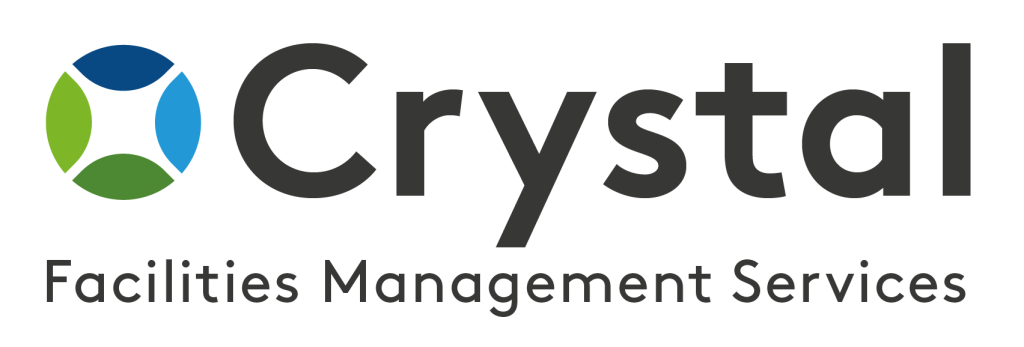Cleaning Tips for a Chemical-Free Home: Eliminating Harmful Substances
Maintaining a clean and healthy home environment is essential for our well-being. However, many common cleaning products are filled with harmful chemicals that can have adverse effects on our health and the environment. Fortunately, there are alternative methods for cleaning that are effective, affordable, and chemical-free. In this article, we will provide you with valuable tips on how to achieve a chemical-free home and eliminate harmful substances.
The Dangers of Chemical Cleaning Products
Traditional cleaning products often contain harsh chemicals that can be hazardous to our health and the environment. These chemicals can cause a range of issues, including respiratory irritation, allergies, skin irritations, and even more serious conditions like asthma and cancer. Additionally, when these chemicals are washed down the drain, they can pollute water sources and harm wildlife. It is crucial to minimize the use of such products and opt for safer alternatives.
Switch to Natural Cleaning Products
An excellent first step towards a chemical-free home is to transition from commercial cleaning products to natural alternatives. There are numerous natural ingredients that can be used to clean effectively. Here are a few examples:
Baking Soda
Baking soda is a versatile and inexpensive natural cleaning agent. It has gentle abrasive properties that make it ideal for scrubbing various surfaces. It can be used to clean sinks, countertops, ovens, and even remove stains from carpets. Mixing baking soda with water creates a paste that works wonders on tough grease and grime.
Vinegar
Vinegar is another fantastic natural cleaning agent. It is known for its disinfecting properties and ability to cut through grease and grime. Mixing equal parts vinegar and water creates an effective all-purpose cleaner that can be used on almost any surface in your home. Additionally, vinegar can remove unpleasant odors, making it a great choice for cleaning bathrooms and kitchens.
Lemon Juice
Lemon juice is a natural acid that has powerful cleaning properties. It is particularly effective at removing stains, cutting through grease, and eliminating unpleasant odors. Lemon juice can be used to clean cutting boards, countertops, and even glass surfaces. For an all-purpose cleaner, mix equal parts lemon juice and water.
Make Your Own Cleaning Solutions
If you prefer to avoid store-bought cleaning products altogether, you can easily make your own cleaning solutions using natural ingredients. Not only is this a more sustainable option, but it also allows you to control the ingredients and tailor the cleaners to your specific needs. Here are a few simple DIY cleaning recipes:
All-Purpose Cleaner
– Mix equal parts water and vinegar in a spray bottle.
– Add a few drops of essential oil (such as tea tree oil or lavender) for a pleasant scent.
– Shake well before each use.
Window and Glass Cleaner
– Mix one part water and one part vinegar in a spray bottle.
– Spray onto the desired surface.
– Wipe clean with a microfiber cloth or newspaper for a streak-free shine.
Scouring Powder
– In a jar, combine one cup baking soda and a few drops of essential oil.
– Shake well to evenly distribute the oil.
– Sprinkle the mixture onto surfaces and scrub with a damp sponge or cloth.
Replace Disposable Cleaning Supplies
Disposable cleaning supplies not only generate unnecessary waste but also often contain synthetic materials and chemicals. By switching to reusable alternatives, you can significantly reduce your environmental impact while maintaining a chemical-free home. Here are a few examples:
Microfiber Cloths
Microfiber cloths are highly effective at trapping dirt, dust, and bacteria without the need for chemical cleaners. They can be used dry or slightly dampened with water to clean various surfaces, including countertops, mirrors, and appliances. Microfiber cloths are washable and can be reused multiple times, making them a sustainable cleaning option.
Reusable Mop Pads
Instead of using disposable mop pads, invest in reusable ones. These can be easily washed after each use and are often made from eco-friendly materials such as organic cotton or bamboo. Reusable mop pads can be just as effective as their disposable counterparts while significantly reducing waste.
Refillable Spray Bottles
Instead of purchasing new spray bottles each time you need a cleaning solution, opt for refillable ones. These can be easily filled with your homemade cleaning solutions or natural products purchased in bulk. Refillable spray bottles help reduce plastic waste and are more cost-effective in the long run.
Proper Ventilation
Improving the ventilation in your home is crucial for maintaining a chemical-free environment. Many household cleaning products release volatile organic compounds (VOCs) into the air, which can be harmful when inhaled. To minimize exposure to these chemicals, follow these tips:
Open Windows
Whenever possible, open windows to allow fresh air to circulate and carry away any pollutants. This is particularly important when using cleaning products that emit strong odors or chemicals.
Use Fans
Utilize fans to promote air circulation and help remove any lingering odors or chemicals from cleaning. Positioning a fan near an open window can help draw fresh air into your home and expel any pollutants.
Avoid Overusing Cleaning Products
Using excessive cleaning products can lead to a buildup of chemicals in your home. Follow the recommended usage instructions and avoid unnecessary applications to keep the air clean and chemical-free.
Conclusion
Maintaining a chemical-free home is essential for the health and well-being of your family and the environment. By eliminating harmful substances and adopting natural cleaning methods, you can create a clean and safe living space without resorting to chemicals. Remember, if you need professional assistance, Crystal Facilities Management offers a range of cleaning services that prioritize the use of eco-friendly and chemical-free products. Together, we can create a healthier and more sustainable home environment.





